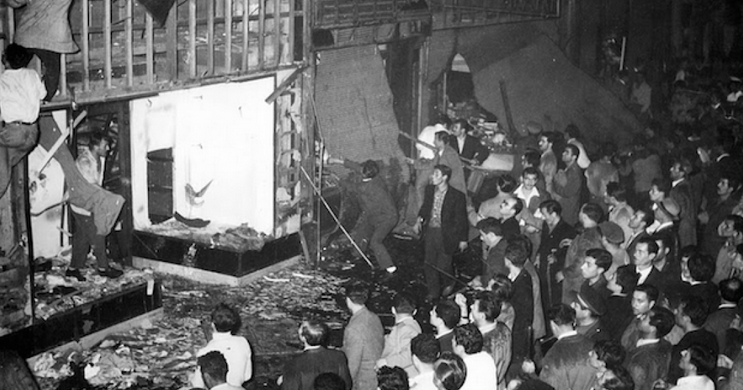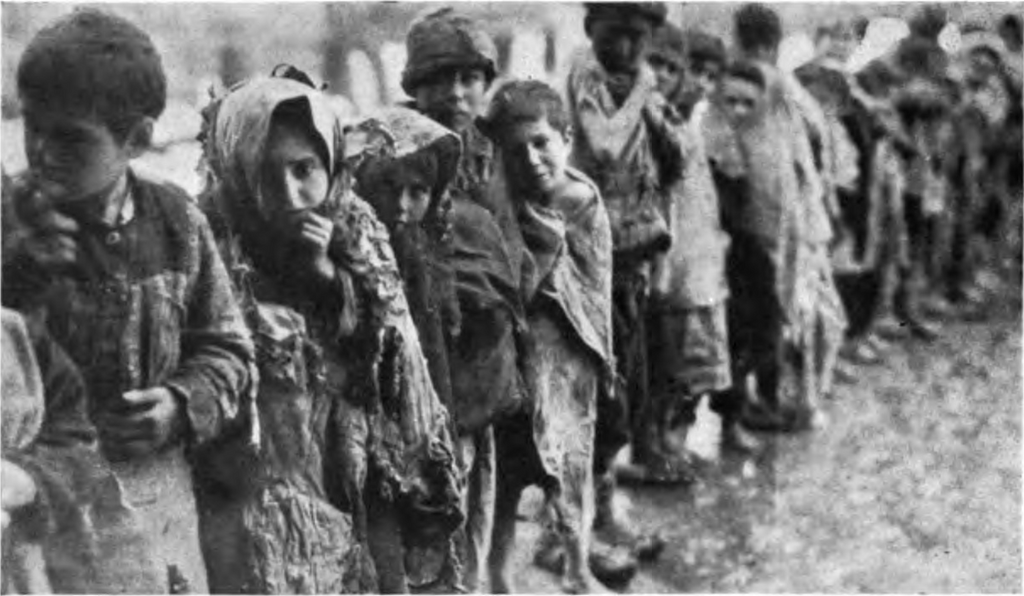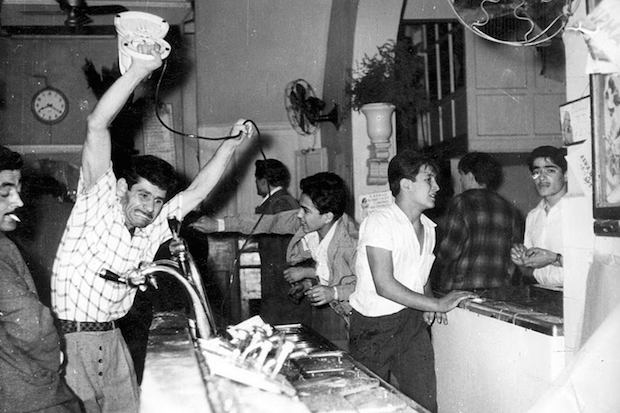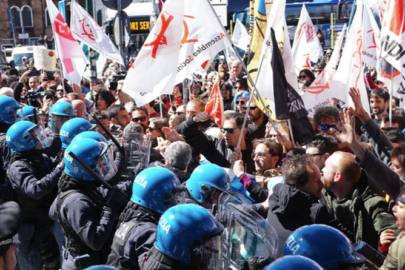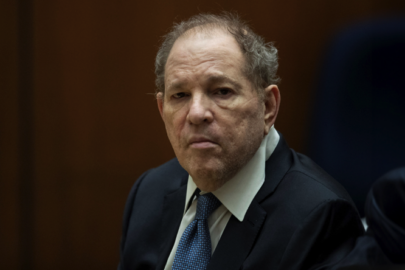Netflix’s latest Turkish production, “The Club,” whose first season in November awakened the ghosts of Turkey’s minuscule Jewish community, has now turned its lens on another dark page of Turkish history. In the pogroms of Sept. 6-7, 1955, thousands of properties owned by non-Muslims in Constantinople were destroyed by nationalist mobs.
The pogroms, which some academics have dubbed Constantinople’s Kristallnacht and compare to the mobs that torched Jewish businesses, synagogues and homes in Germany in 1938, remain a touchy subject in Turkey. In 2005, a photography exhibit marking its 50th anniversary was raided by nationalists who tore down some of the photos that showed the faces of the rioters and the indifference of the local security forces.
In 2015, the dwindling Greek Orthodox community of Constantinople held its first church service to honor the victims of the state-sponsored riots that were carried out by organizations close to the state, such as student unions, youth associations, syndicates and the Association of Turkish Cyprus. Gen. Sabri Yirmibesoglu said in 1991 that the pogroms were organized by the Special Warfare Department, often referred to as the “Turkish Gladio.” At the time, however, the center-right Democrat Party government sought to pin the blame on “communists” for the looting and deaths.
Huge amounts of water discovered in the Valles Marineris Canyon on Mars
“After all those years, an official apology and acknowledgment to the victims is so easy to make, yet this was never done,” Hercules Millas, Constantinople-born Greek translator and poet, said on the anniversary of the pogroms two years ago. Millas, who was 15 at the time of the attacks, and his mother barely escaped when Nuriye, the janitor of their apartment in downtown Constantinople, assured the armed gang at the gates that no “infidels” lived in the building.
Despite the highly sensitive subject, the 1950s historical drama’s second season drew little reaction in Turkey and remained firmly on Netflix’s Top 10 list in Turkey since its release on Jan. 6.
“The series’ success comes from the ability to tell the story directly without taking sides, feeding on cliches or additional victimization or seeking excuses for the violence,” Defne Suman, an Constantinople-born writer currently living in Greece, told Al-Monitor. “It is a brave production that addresses crucial moments of violence in Turkey’s past even though the current environment is far from being a particularly conducive one for confrontation and reconciliation.”

